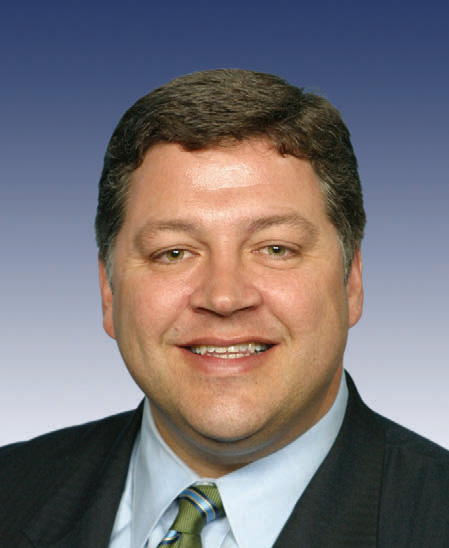New House Transportation Committee Chair Bill Shuster (R-PA) clearly knows he's got some devolutionist conservatives in his caucus (and on his committee). While many Republicans would like to see the federal government get out of the business of infrastructure and just let the states raise and spend their own money, Shuster has always been clear that he is in favor of a strong federal role.

He likes to remind conservatives that Adam Smith, the godfather of free-enterprise capitalism himself, argued that there were three essential functions of government–security, justice and transportation. He notes that many Republican presidents have overseen massive infrastructure expansion, and that the work continues.
So Shuster is devoting the first committee hearing of the session to clarifying his view that the work of the committee is not just to channel all decisions and funds down to the states. Before anything else -- before anyone on the committee has a chance to undermine the very purpose of the committee -- Shuster hopes to dispense with that entire line of argument.
So next Wednesday's hearing, entitled "The Federal Role in America’s Infrastructure," will give a platform to three of the most vocal advocates of increased federal infrastructure spending: U.S. Chamber of Commerce President Tom Donohue, Building America’s Future Co-Chair and former Pennsylvania Governor Ed Rendell, and Laborers’ International Union of North America President Terry O’Sullivan all have been invited to testify.
They'll have a lot of minds to change. The lobby for devolution to the states is growing, and not just among conservatives. Rohit Aggarwala -- former director of long-term panning and sustainability for New York City and now top advisor to the C40 Cities Climate Leadership Group -- made the same case a few weeks ago in a Bloomberg News op-ed.
"Every bipartisan commission that has studied the situation has advocated raising the [gas] tax, but a polarized Congress has been unable to do it," Aggarwala wrote. "A strong, smart, well-funded federal program would be great. But if Congress can't pass one now, it should just get itself out of the way, by eliminating the federal gas tax entirely and cutting Washington's role in surface transportation. It would streamline government. And it would probably lead to more investment in infrastructure and greener transportation policies."
Shuster and Aggarwala have flipped traditional roles, with the green sustainability leader now calling for Washington to get out of the transportation biz and the conservative rural Republican defending the importance of federal involvement.





